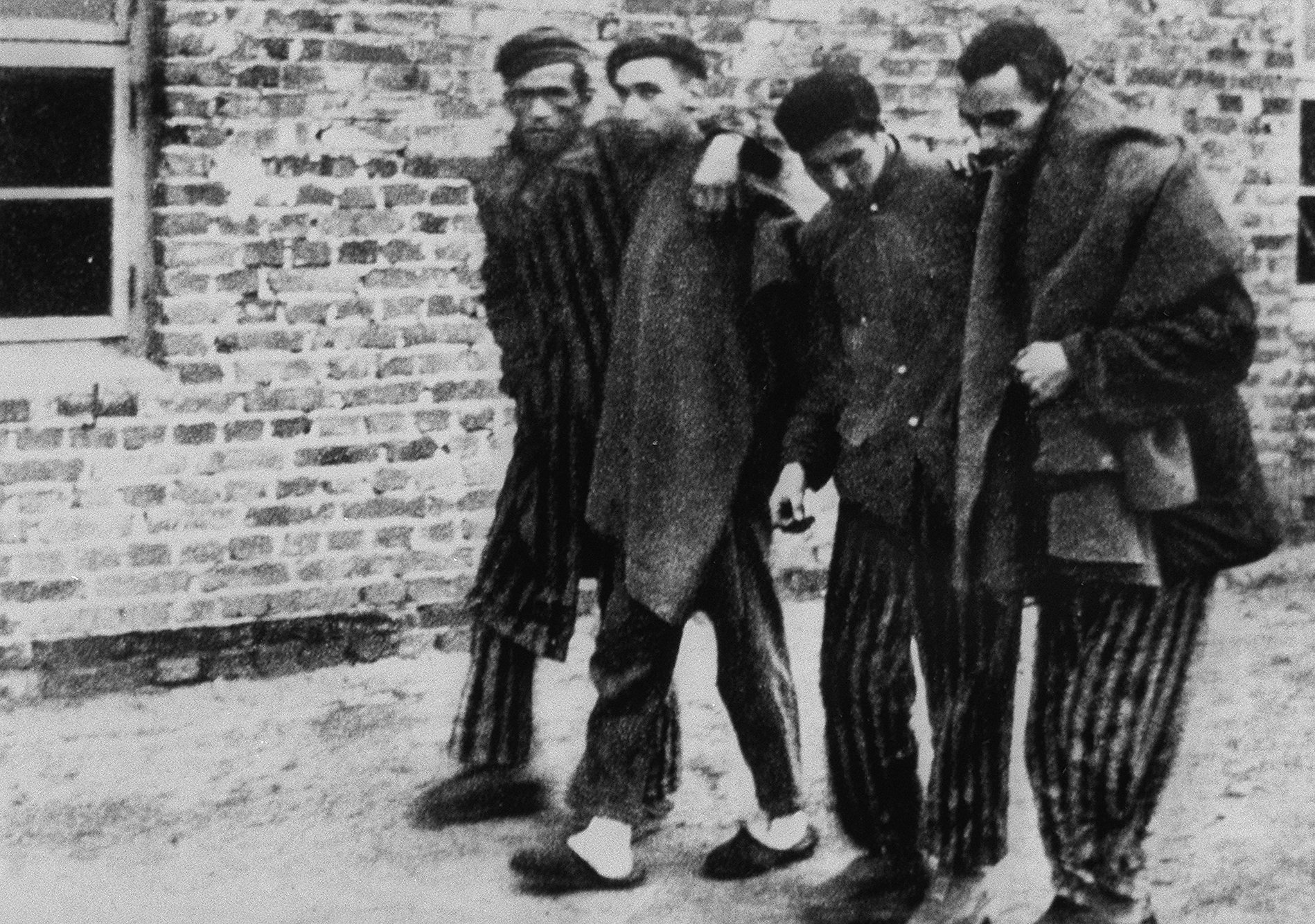Holocaust Remembrance Day starts and ends at sundown on April 15 and 16 in commemoration of the Jews who suffered during the Holocaust.
“It’s the day every April, called Yom HaShoah, when people commemorate those Jews killed in the Holocaust,” Jamie Fries, professor of humanities, said.
Holocaust means destruction of life by fire,” Fries said.11 to 12 million people were murdered by the Nazi regime. “Six million of them were Jews,” Fries said.
Anna Bucy, adjunct faculty of humanities and government, said this was a time when humans were simply murdered and tortured for being who they were.
“It was a time when humanity failed,” Bucy said.
She said Holocaust Remembrance Day is a time to celebrate the resilience of those who survived and those who died fighting.
“To me, it’s a time to remember the lives and untold potential lost during the murderous rampage of a sociopath,” Bucy said.
She said nearly all European Jews were murdered or driven out of their land. Many people died fighting a true evil, according to Bucy.
Although not Jewish, Bucy had Czech family who fled the Nazis. She said she encourages people to watch survivor stories because the firsthand accounts are dying daily.
“There are many [stories] on YouTube from local survivors,” Bucy said. “ We must all bear witness to their horror so we can be more human, more humane, to each other.”
Fries said moments of silence, candle lighting and scripture reading are all ways to observe this holiday.
“This is an opportunity each year to commemorate the senseless deaths caused by Nazi Germany, and to reflect upon mankind’s capacities for both good and evil,” Fries said.
Fries is also the Chair of the Sinclair Holocaust Committee. She said the committee provides the campus and the community with educational and commemorative opportunities regarding the Holocaust.
She said they welcome new members, staff and the community to join so they can learn about the Holocaust.
“I also teach a course called Holocaust and Genocide each spring with the committee’s educational events scheduled to coincide with my class schedule,” Fries said.
She said the only way we can better our future is by learning about the past of the Holocaust and understanding humans.
“Only if we understand how human beings—most of them not monsters, but regular human beings—perpetrated this atrocity can we even begin to hope that we might put an end to future examples of genocide,” Fries said.
Bucy said Holocaust Remembrance Day should be about honoring the lives lost to the genocide, along with making an effort to make the world a better place.
“Acceptance, education and love will solve the world’s problems in ways no wars can. The best way to remember is honestly seek the truth about the horrors in this world—Do anything, even a small thing, to make the world better,” Bucy said. “Those seeking to separate, dominate and control cannot be successful without our compliance and ignorance.”
Gabrielle Sharp
Managing Editor


